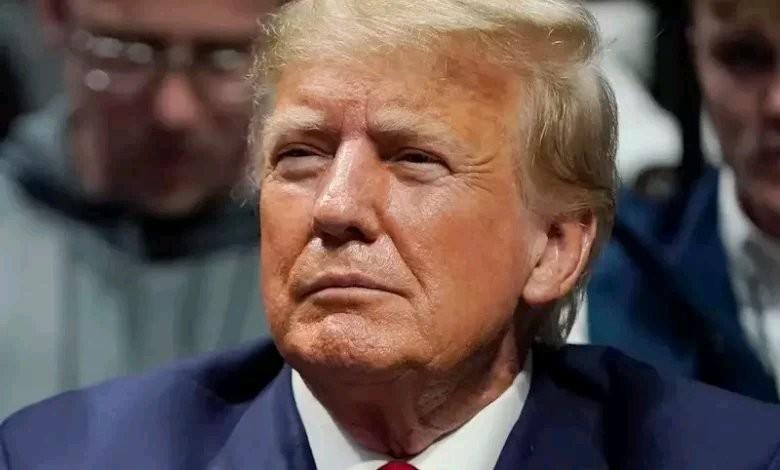US Supreme Court blocks order requiring Trump to fund food assistance.
The US Supreme Court announced Friday that the Trump administration will not be compelled to immediately restore SNAP food benefits that were halted during the government shutdown.
The temporary ruling leaves millions of Americans uncertain about future assistance.
Earlier in the week, a lower court had determined that President Donald Trump’s administration must fully fund the Supplemental Nutrition Assistance Program (SNAP) for November by Friday’s end.
That ruling required the administration to draw on contingency reserves to send billions of dollars to states, ensuring roughly 42 million Americans dependent on SNAP could continue receiving food aid.
Justice Ketanji Brown Jackson issued what is known as an administrative stay, a temporary pause that allows the courts more time to review the administration’s appeal.
On Friday morning, the Department of Justice (DOJ) asked the Supreme Court to intervene, arguing that only Congress holds the authority to decide how to allocate federal funds.
“The core power of Congress is that of the purse, while the Executive is tasked with allocating limited resources across competing priorities,” the DOJ wrote.
According to the DOJ, the lower court “took the current shutdown as effective license to declare a federal bankruptcy and appoint itself the trustee, charged with picking winners and losers among those seeking some part of the limited pool of remaining federal funds
The US Supreme Court announced Friday that the Trump administration will not be compelled to immediately restore SNAP food benefits that were halted during the government shutdown.
The temporary ruling leaves millions of Americans uncertain about future assistance.
Earlier in the week, a lower court had determined that President Donald Trump’s administration must fully fund the Supplemental Nutrition Assistance Program (SNAP) for November by Friday’s end.
That ruling required the administration to draw on contingency reserves to send billions of dollars to states, ensuring roughly 42 million Americans dependent on SNAP could continue receiving food aid.
Justice Ketanji Brown Jackson issued what is known as an administrative stay, a temporary pause that allows the courts more time to review the administration’s appeal.
On Friday morning, the Department of Justice (DOJ) asked the Supreme Court to intervene, arguing that only Congress holds the authority to decide how to allocate federal funds.
“The core power of Congress is that of the purse, while the Executive is tasked with allocating limited resources across competing priorities,” the DOJ wrote.
According to the DOJ, the lower court “took the current shutdown as effective license to declare a federal bankruptcy and appoint itself the trustee, charged with picking winners and losers among those seeking some part of the limited pool of remaining federal funds
US Supreme Court blocks order requiring Trump to fund food assistance.
The US Supreme Court announced Friday that the Trump administration will not be compelled to immediately restore SNAP food benefits that were halted during the government shutdown.
The temporary ruling leaves millions of Americans uncertain about future assistance.
Earlier in the week, a lower court had determined that President Donald Trump’s administration must fully fund the Supplemental Nutrition Assistance Program (SNAP) for November by Friday’s end.
That ruling required the administration to draw on contingency reserves to send billions of dollars to states, ensuring roughly 42 million Americans dependent on SNAP could continue receiving food aid.
Justice Ketanji Brown Jackson issued what is known as an administrative stay, a temporary pause that allows the courts more time to review the administration’s appeal.
On Friday morning, the Department of Justice (DOJ) asked the Supreme Court to intervene, arguing that only Congress holds the authority to decide how to allocate federal funds.
“The core power of Congress is that of the purse, while the Executive is tasked with allocating limited resources across competing priorities,” the DOJ wrote.
According to the DOJ, the lower court “took the current shutdown as effective license to declare a federal bankruptcy and appoint itself the trustee, charged with picking winners and losers among those seeking some part of the limited pool of remaining federal funds
0 Comments
·0 Shares
·504 Views




